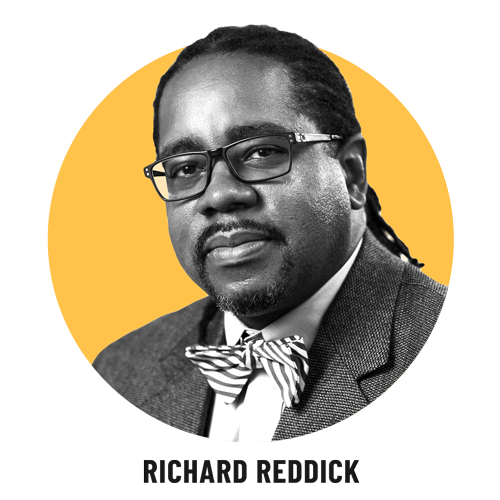These work environments don't simply come into existence. It requires planning, investment from company leaders at the highest level, and a commitment to supporting and nurturing diverse, inclusive work teams. It's something that NBC seems to be learning.
While some might frame the Kelly issue as "political correctness run amok," in reality it demonstrates how an individual's blind spots, if not brought to light through dialogue and engagement with people who have various perspectives and life experiences, can lead to embarrassment and the all-too-familiar corporate apology cycle. Corporate mea culpas do little to alter the structures that created the problem to begin with.
Nobody has perfect knowledge of the social and political realities that everyone faces in our society. However, that doesn't absolve us of the need to constantly educate ourselves. And regarding an issue as obvious as the offensive nature of blackface, it speaks to an especially problematic blind spot for Kelly, who once previously declared that "Santa Claus is white, period."
This is how white supremacy works: It blinds people with privilege to the skewed reality in which they reside.
The most effective way to defend against racist and stereotypical imagery is to create work environments where there is both representation and power held by individuals who have been historically oppressed. This goes beyond the tokenized "diversity hire." This is about reimagining organizational cultures that ask hard questions and engage in critical dialogues that result in outcomes that respect the humanity of all people.
The day after Kelly's comments, she invited two African-American commentators, Roland Martin and Amy Holmes, to a discussion about the impact of her comments. While a positive step, it leaves the question: Shouldn't Kelly's production room and staff feature voices such as Martin's and Holmes' on a daily basis?
Having the ability to talk through an important topic such as cultural appropriation, colorism and the legacy of Jim Crow laws before the cameras come on is a resounding endorsement for the power of workplaces that are not simply diverse — which is representation — but are inclusive, where historically marginalized populations are involved in decision making and the direction of the organization. An inclusive and equitable organization would have had multiple voices around the table discussing this topic. This may have resulted in a decision to take an educational approach: "Here's why blackface is problematic," rather than posing it as an open question on Kelly's show.
We need to step beyond just having people of different backgrounds in the room; that's not sufficient. An organization that brings in one person from a marginalized population risks tokenizing their presence. There's also the phenomenon of cultural taxation — placing the burden of all issues related to their identity on the shoulders of that individual alone — which can lead to burnout.
Kelly asked, "How do we talk about race and our country's history with race, and have a real conversation?" Holmes responded, "With information, with sensitivity, and with also the knowledge that as a country we have struggled — paid a very dear price, and we continue to do — to try to be a country where we have dignity toward each other and different racial groups."
I would add two other attributes to the list: humility and empathy.
Any organization with a focus on equity and inclusion will have to embody these qualities — both institutionally and in its leaders. Unpacking the societal baggage that contributes to racism, sexism, homophobia, transphobia and ableism, for example, means that leaders will find themselves taking stands that challenge the status quo. But isn't this the essence of leadership?
At a time where many Americans are concerned that our moral and ethical compass is breaking, we are in desperate need of people and actions that articulate values of inclusion and respect for all people. We need bravery in confronting not only the extraordinary, but also the mundane and everyday ways that discrimination, prejudice and oppression are perpetuated in society.
Empathy is essential to understand that our identity greatly shapes our reality, and for those of us with an identity that is of dominant or majority status, we are often unaware of the realities for people whose identities are marginalized. Equitable and inclusive workplaces provide organizations and individuals with a bridge to understand those communities that resist oppression on a daily basis.


No comments:
Post a Comment